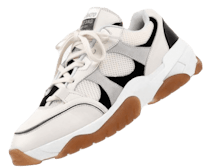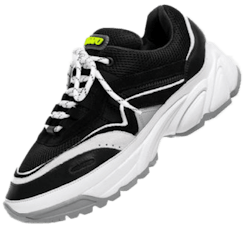Finding the Right Wholesale Suppliers
Wholesale suppliers are your business partners. A great one will propel you to success and a bad one can shut you down.
Few manufacturers will sell direct so to find wholesalers contact a few of the leading manufacturers in your industry to learn the leading wholesale dealers. Ask them for a recommendation and then follow-up with your own research. Merchandise cost and shipping speed are essential things to look for.
In order to buy items wholesale, a wholesale license is required. Depending on the state where the business is located, the license can be called a seller’s permit, a resale ID, wholesale ID, retail ID or a resellers license.
The wholesale industry is large and about 50 of the largest wholesale distribution facilities generate 25% of industry revenue. Wholesalers serve retailers and other service businesses through a variety of distribution channels and supply chains. At the top of the chain are manufacturers which include importers or exclusive distributors who also sell to wholesalers. Next are wholesalers or regional distributors who distribute the goods locally and brokers or jobbers who deliver goods to local small businesses.
A wholesale purchase is almost always done in bulk. Because of that the wholesaler pays …

 realsy
realsy
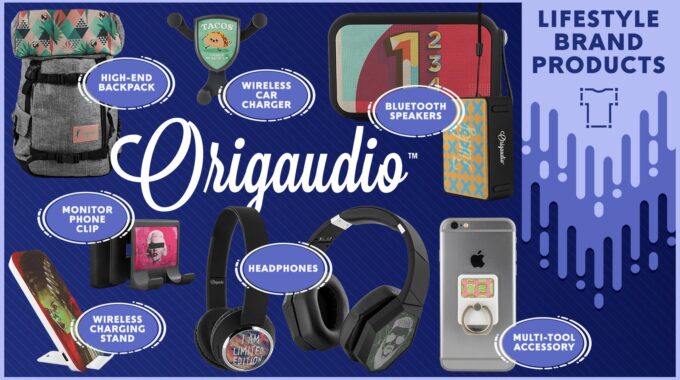
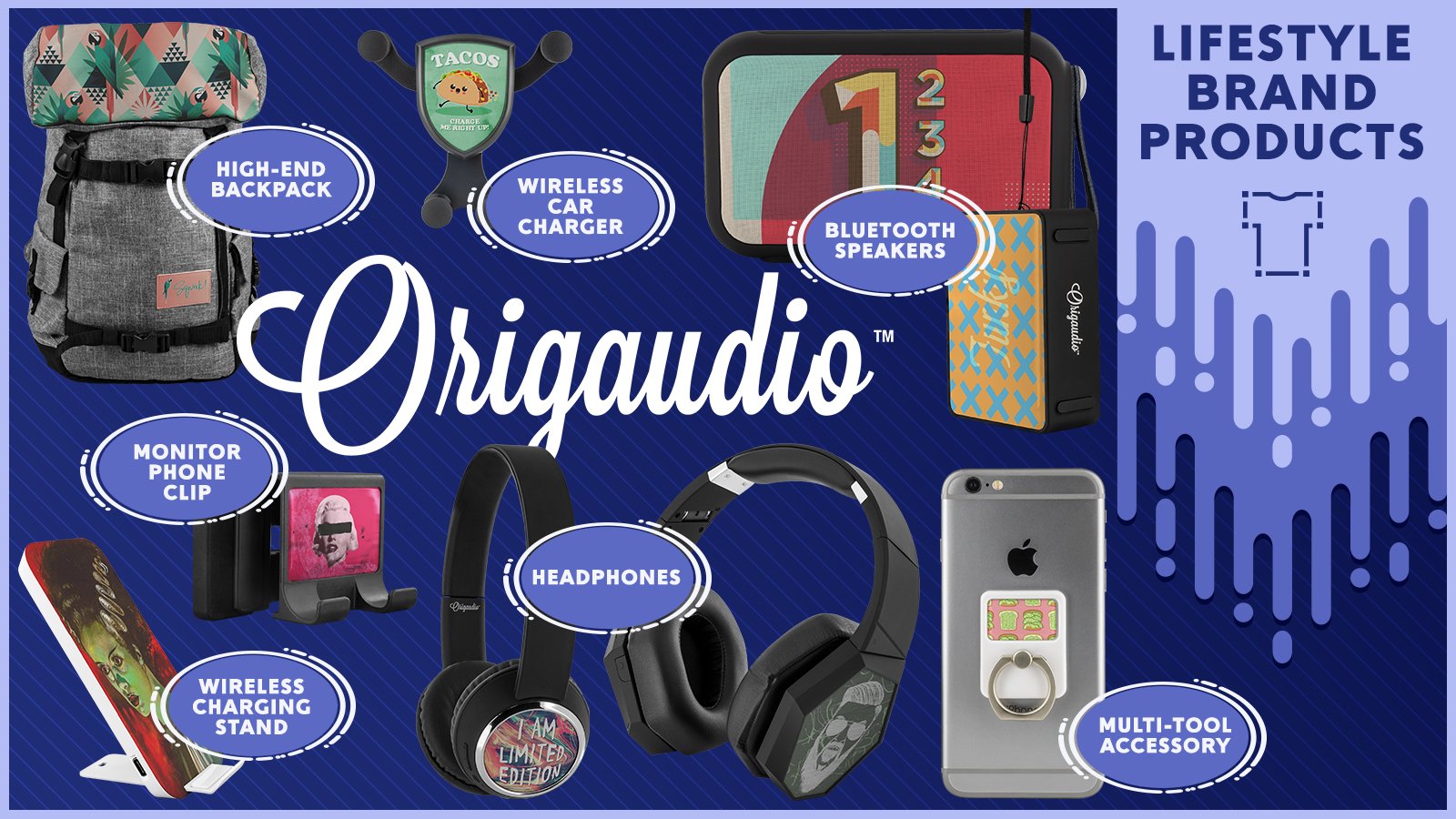
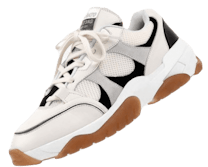
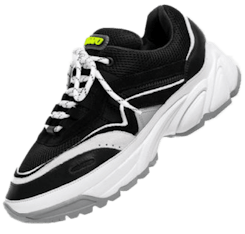






 Michael Lebhar
Michael Lebhar


